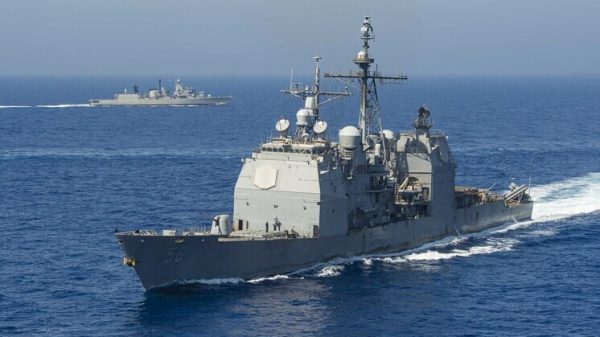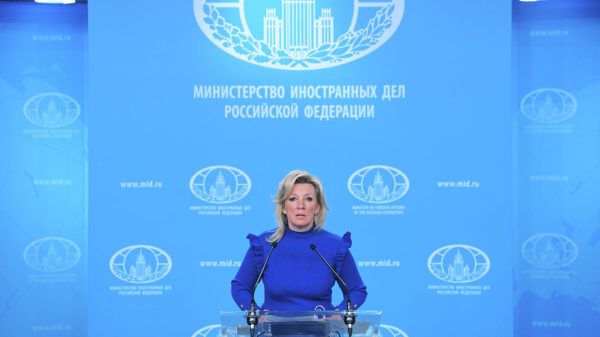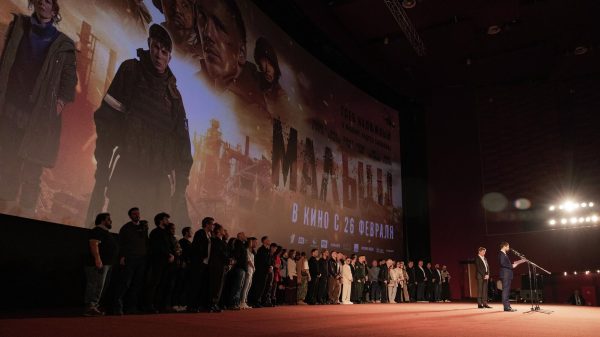 Plans have been agreed for a new tournament starting in 2026, including a «grand final» between the northern and southern hemispheres every two years. Photo: Getty Images/Michael Steel
Plans have been agreed for a new tournament starting in 2026, including a «grand final» between the northern and southern hemispheres every two years. Photo: Getty Images/Michael Steel
World Rugby's hopes of reaching an agreement on a new international season, which would include a new world league every two years, are threatened by a major uprising ahead of a key vote in Paris. on Tuesday.
There is understandably growing concern that the uprising, believed to be coordinated by Agustin Pichot, former Rugby World vice-chairman and Argentina captain, could muster enough votes to derail the plans.
Proposals that including the unification of the Six Nations and the establishment of a new «Nations Championship» every two years, a majority of 75 percent of the 51 votes needed to be secured at the key meeting in Paris on Tuesday afternoon.
One source close to the talks said they were «likely to go to the end», while another said there had been an «11th-hour horse swap» with debates before the vote now seen as crucial to hopes of victory. securing the majority necessary to pass it. “It will be difficult,” another source said.
Pichot, who returned to the World Rugby Council in May this year as one of Argentina's three representatives, openly criticized the plans in an interview with the Daily Mail last week, deriding the proposals as an act of self-preservation on the part of the old boys' club.
< p>It is now clear that the votes of all three Argentines will go against the plans, despite the fact that they participated in all the negotiations that first began in 2020 and their inclusion in the Cup of Nations.< /p>
Sebastian Pinheiroa , the president of South American rugby, also criticized the Nations Championship plan, saying it would be disastrous for the game.
Telegraph Sport reported in March that plans for a new tournament starting in 2026, including a «grand final» between the northern and southern hemispheres every two years, as well as a Six Nations Championship, had been agreed.
New The league structure, which will only include games taking place in the summer and autumn windows, is due to be in place from 2026 and will be formed by two groups of six teams from each hemisphere, namely the Six Nations and Six Nations. Rugby championship teams, as well as the national teams of Japan and Fiji.
The new competition will see northern hemisphere teams play three southern hemisphere opponents away from home in the July window, ending the traditional summer tours of two or three Tests against a single host nation.
Matches will be played in countries' home stadiums northern hemisphere in the November window, where the top teams from each group meet each other in the grand final and distribute the play-off games among the rest.
The deal will also ensure that British and Irish Lions tours are guaranteed and during these years the countries will be able to run traditional tours as normal and include more matches against second-tier countries to speed up their development.
But Pichot and the Rebels point out to the fact that the new Nations Championship, despite introducing a new Challenger competition involving second-tier countries, will not consider promotion and relegation until 2030, potentially blocking the progress of developing countries.
Crucial to the new competition being born, World Rugby is calling for an amendment to the governing body's Rule 9, which guarantees the release of players for international matches between three and four weekends in November.
This is almost certain to happen. will see the Six Nations shortened from seven to six weeks to free up extra weekends and reduce duplication and friction between club and country matches.
Portas Consulting, a global consultancy based in London, led the Reg 9 review, which included interviews with players, leagues and all key stakeholders from the northern and southern hemispheres.
World Rugby ensures that if a new championship is created nations they will play a key role in matchmaking in years when the Lions tour takes place to ensure that the second-tier nations, which are being rebranded as the 'Performance Nations', are given meaningful matches. against the first tier or «high performing nations» in both the summer and autumn testing windows. There are also plans for crossover matches during World Cup years.
The establishment of the new Challenger tournament is seen as a stepping stone for world rugby to show Nations Championship teams that promotion and relegation are possible. from both a competitive and commercial perspective.
“This is a significant day for the future of the game,” one source said. “Compromise is key and there is no perfect outcome, but the reality is that there is no alternative.”




















































Свежие комментарии